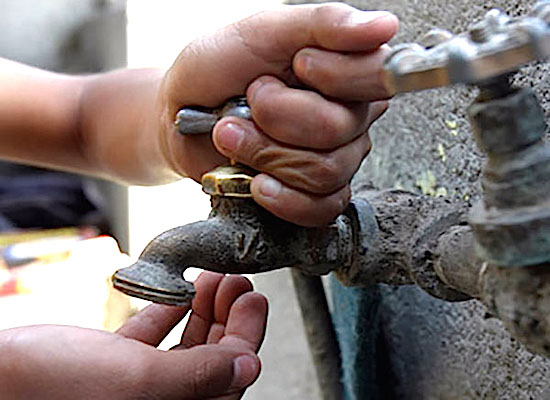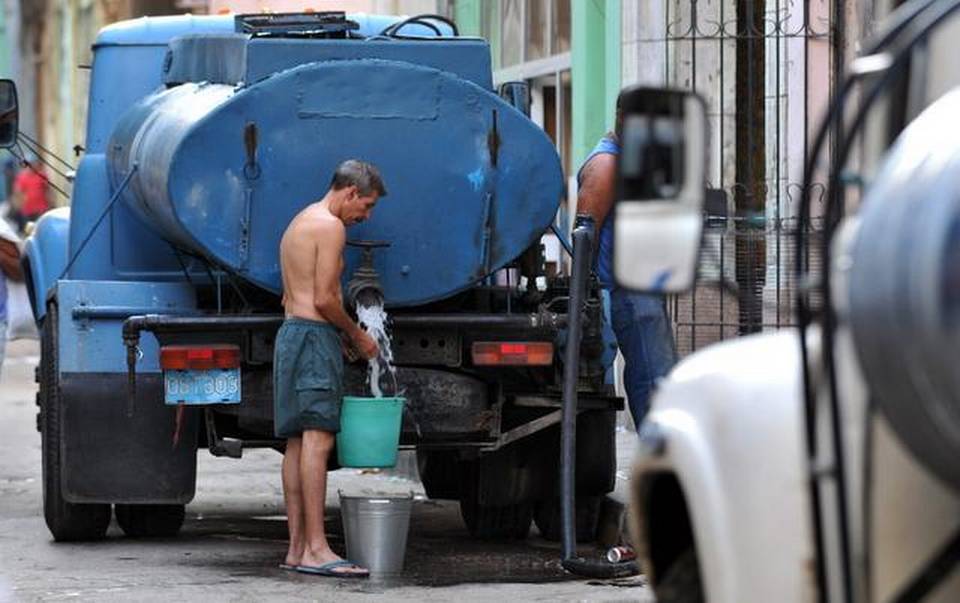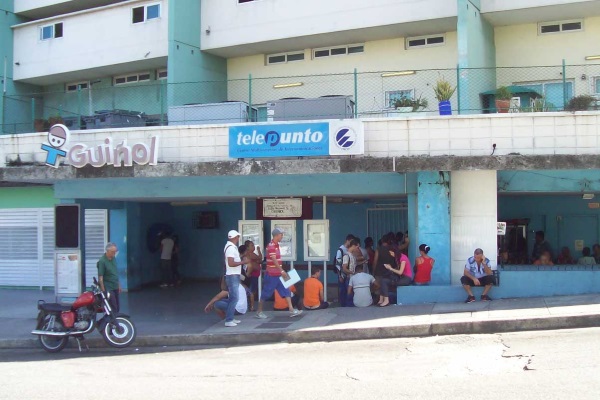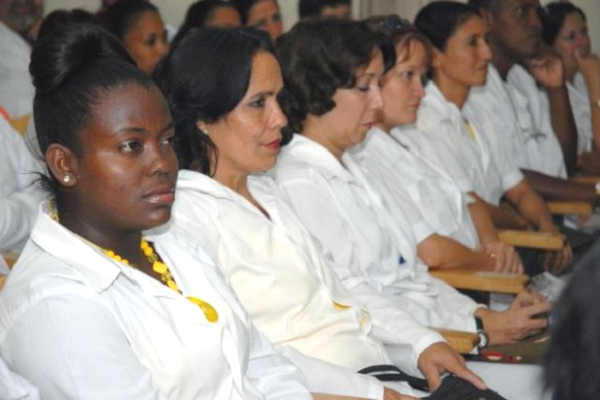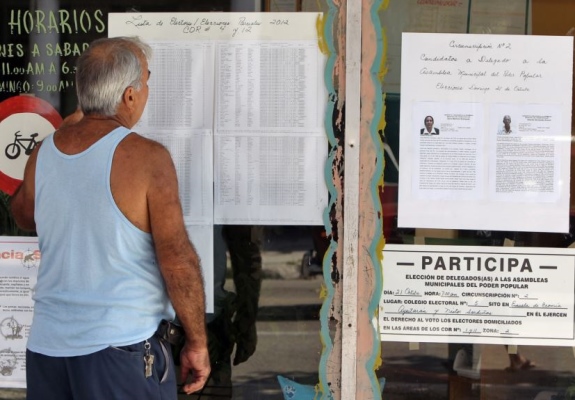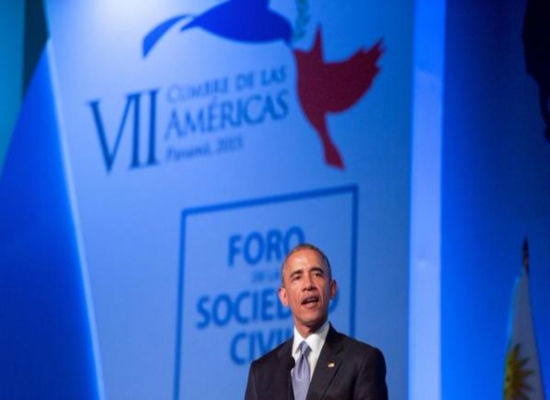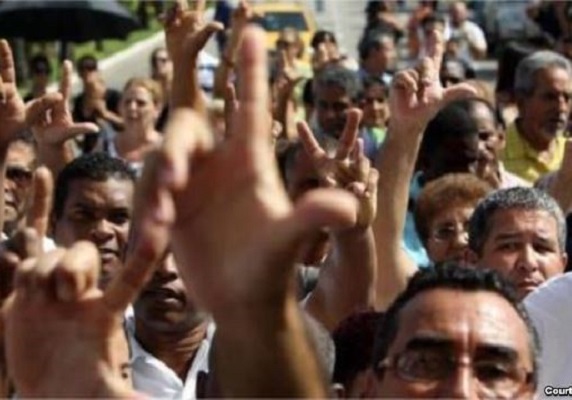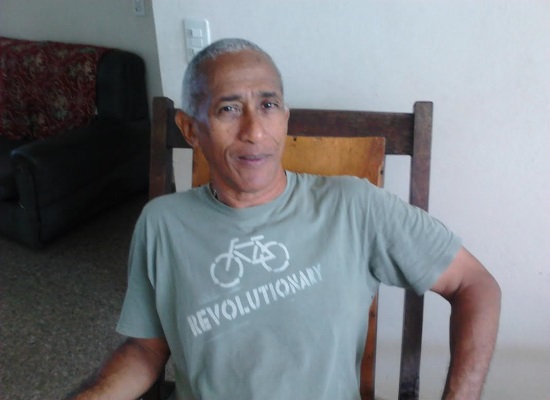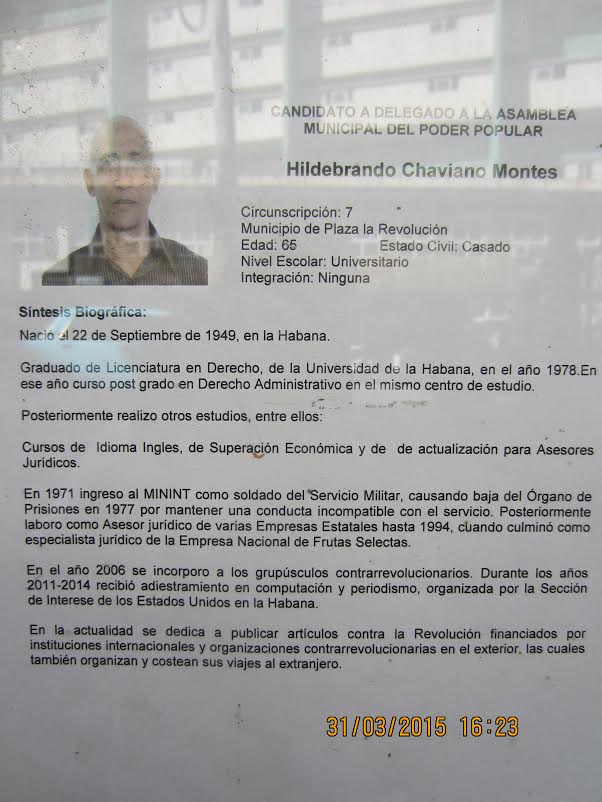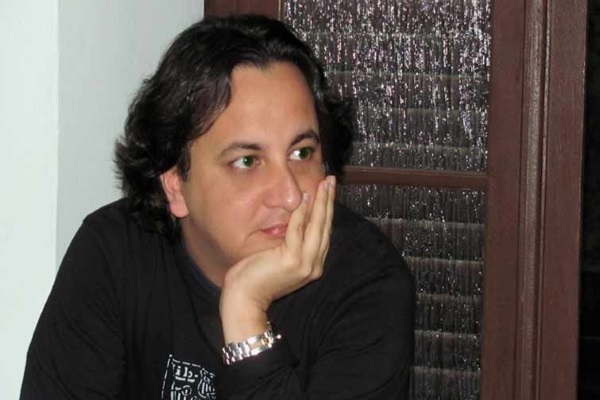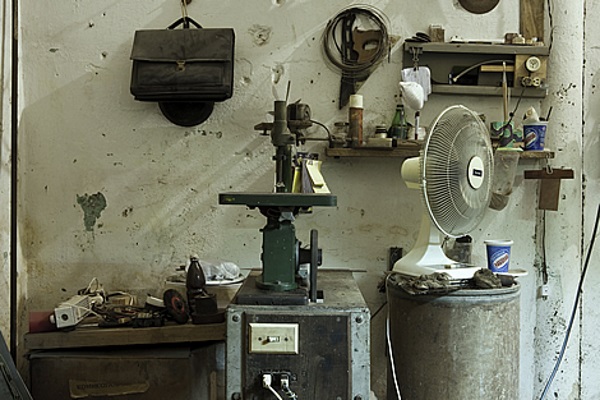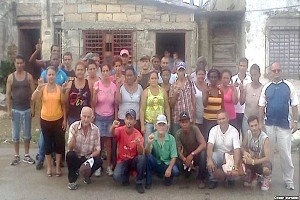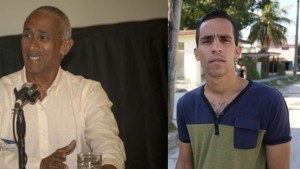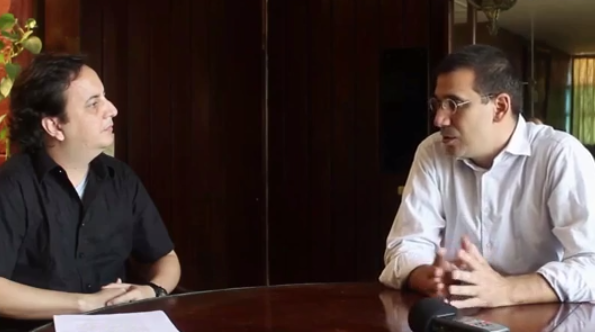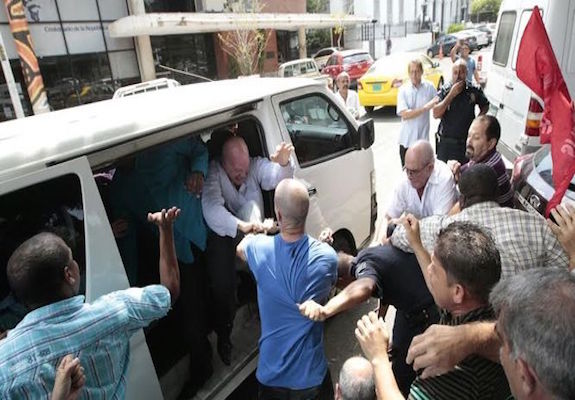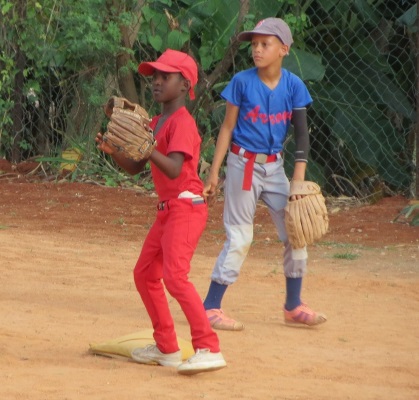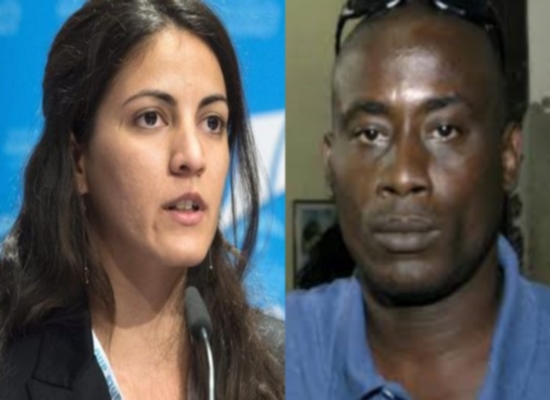
Our “mercenaries” do not plant bombs, nor do they plan attempts on people’s lives, nor sabotages, as did those who today are in power.
Cubanet, Rafael Alcides, Havana, 30 April 2015 – A young Communist, lamenting how the Cuban government delegation (supposedly there representing Cuban civil society) made fools of themselves in Panama, told me, “Well, at any rate, all you people are mercenaries.”
“First of all,” I responded, “exclude me from that group. I do not belong to any party, I am an independent voice. Secondly, regarding that ‘mercenary’ label, even the government doesn’t believe it. It has always been thus: for the autocrat, there is no ‘opponent,’ no ‘adversary’ – there is only ‘the enemy.’ ”
I took a mental trip back to the administration of José Miguel Gómez, when, to take advantage of the recently enacted Platt Amendment, the striking term “annexationist” came into use to exterminate the opponent, the enemy. Indeed, extermination is the issue. The “mercenary” term began having the demolishing effect of ten tons of cast concrete falling on its target. continue reading
It is the equivalent of the Germanophile appellation, nurtured by the Major General of the Liberating Army, Mario García Menocal, in the days of the First World War, and when Cuba, following the United States’ lead, declared war on Germany and even purchased 30 aircraft and trained 30 aviators to send them to the battlefields on the other side of the Atlantic.
It is poetic to observe, at all times in history, the behavior of the autocrat toward his enemies. In those days, there were no strikes, especially in the sugar industry where, other than the local “Germanophile,” no true Germans (Germans who came from Germany to help Cuban workers) took part. There are even reports of ambushes and crossfire between the rural police force and Germans who, with the help of certain elements in the area, managed to break through the enclosure and, on one occasion, sink a submarine that was to have collected them at the heights of Nuevitas.
But the Germans lost the war and the Russians expanded the territory that had been taken by the Czar and, on the ideological front, spread out over the world. Machado, to keep up with the times, started calling his political enemies “Bolsheviks” and preached hatred towards the “Russian experiment.”
To save the country from such an odious potential destiny, one must cast the enemy to the sea, for the expeditious man does not waste time executing the common malcontent, nor agitating him until he grabs four boards and two truck tires and heads for the sea.
No, a man like General Machado throws the fellow to the sharks right there at the mouth of El Morro, so that if this enemy is heard from again, it is only through fishermen’s bad habit of describing a wristwatch still on an arm, or a pair of underpants still bearing a Chinese laundry stamp, which they at times discover upon opening a shark’s belly – for which reason President Machado, being unable to tape fishermen’s mouths shut, ended up outlawing shark fishing.
Batista during his second term, perhaps exaggerating a bit but not lying, called the 26th Enemy (i.e. the 26th of July Movement) by a name that turned out, to a great extent, to predict the future: “Fidelocommunist.” I say, to a great extent, because many worthy members of the movement did not accept its surprising turn towards the Leninism which was evident by the time they emerged from The Sierra. It was the “traitor,” the “pro-imperialist,” created under duress by Fidel Castro, that served as the model (for those who did not come down from The Sierra and stopped applauding) for the later, “worm,” “scum,” “unpatriotic one” – and, from the Bay of Pigs, the “mercenary.” *
In other words, the dissident, who, having no place in the totalitarian state where it is the ruler who imparts the law and distributes employment, needs the help of the countries and institutions interested in democracy; just as, for reasons opposed to democracy, the Cuban government has aided numerous foreign political movements and has, in turn, been helped by Russia, China, Czechoslovakia and other socialist countries, and later – and up until today – by Hugo Chavez’s (and now Nicolas Maduro’s) “Chavista” Venezuela.
But, you know what? Even those little epithets created to diminish the opponent get worn down and lose their edge from overuse, i.e. “mercenary,” which used to inspire such fear, and is already being disputed by children when organizing their games, and which is borne with pride because of what it implies, with that same pride with which half the Cuban exile community today bears yesterday’s dishonorable title of “worm.”
I don’t know if I have convinced you, but the young Communist (a law student, by the way) did not reply to me. Along the way I had made him note that our “mercenaries” have put their trust in words and images to serve as their weapons, which can be seen in the only space where with much effort they manage to rear their heads: the Internet. No bombs, no assassination attempts nor sabotages, such as were committed by those who today are in power. So peaceful and patient they are that, so as not to hurt anybody, they don’t even want to proclaim themselves as “dissidents.”
About the Author
Rafael Alcides was born in Barrancas, municipal district of Bayamo (Cuba) in 1933. A poet and storyteller, he was a master baker in his teen years. He has worked as a farmhand, cane cutter, logger, wrecking crew cook, and manager of a sundries store in a cane-cutters’ outpost. In Havana in the 1950s he worked variously as a mason, broad-brush painter, exterminator, insurance agent, and door-to-door salesman. In 1959 he was the chief information officer for the Department of Latin American Affairs in the Ministry of Foreign Relations, and spokesman of this agency in a daily television program in which he hosted and interviewed foreign political personalities. He was chief press officer and director of Cultural Affairs in the Revolutionary Delegation of the National Capitol.
Among his most recently-published titles are the poetry collections, GMT (2009), For an Easter Bush (2011), Travel Log (2011), Anthologies, in Collaboration with Jaime Londoño (2013), Conversations with God (2014), the journalistic Memories of the Future (2011), the multi-part novel, Ciro’s Ring (2011), and the story collection, A Fairy Tale That Ends Badly (2014).
As of 1993, he had been employed by the Cuban Institute of Radio & Television for more than 30 years as a scriptwriter, announcer, director and literary commentator when, at that time, he ceased all publishing and literary work in collaboration with regime in Cuba.
As a participant in numerous international literary events, Rafael Alcides has given conferences and lectures in countries in Central and South America, Europe, and the Middle East. His texts have been translated into many languages. He was honored with two Premios de la Crítica, and a third for a novel co-written with another author. In 2011 he received the Café Bretón & Bodegas Olarra de Prosa Española prize.
*Translator’s Notes: The epithets “worm,” “scum,” and “unpatriotic one” have been used for decades by Fidel Castro and his supporters against those who oppose the regime.
Translated by: Alicia Barraqué Ellison



